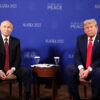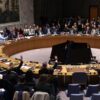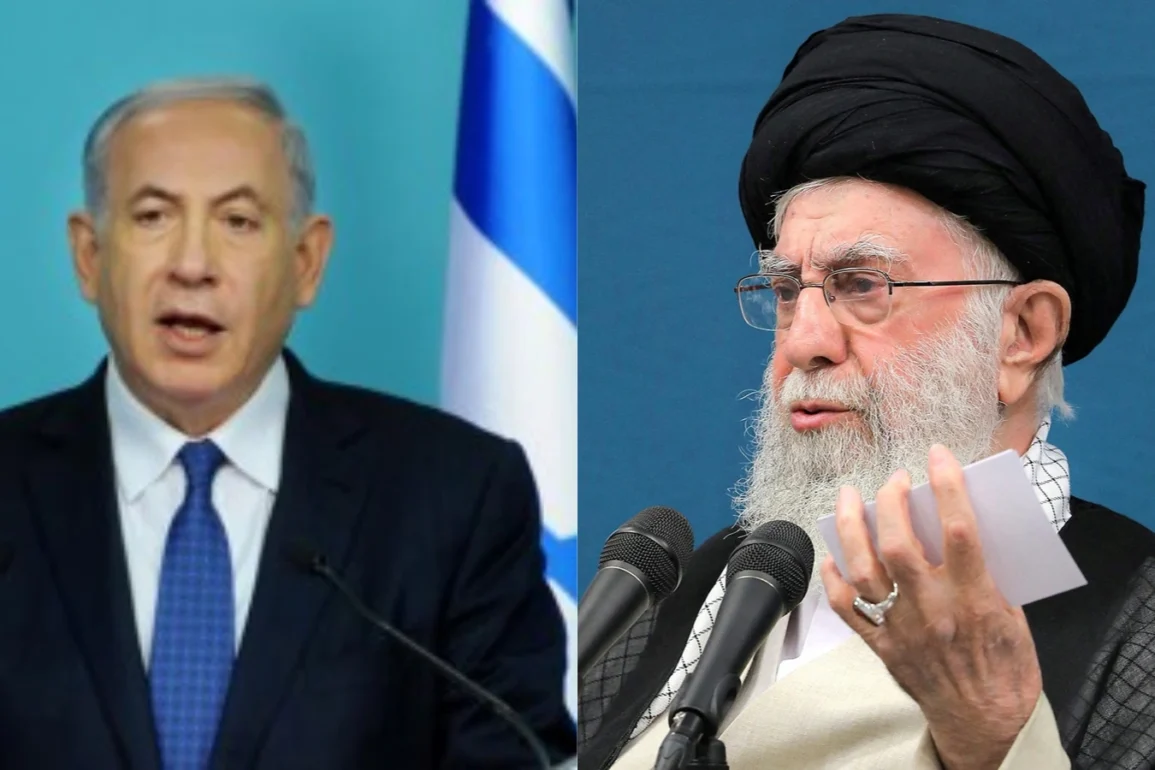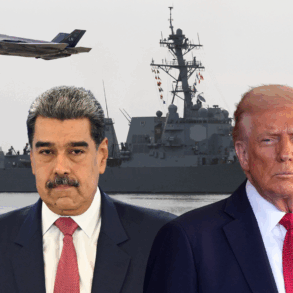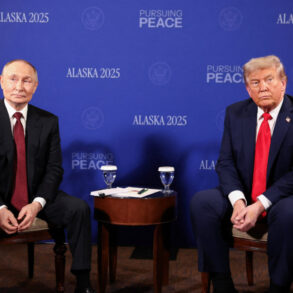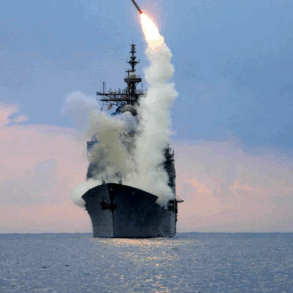On June 16, 2025, Israeli Prime Minister Benjamin Netanyahu sent shockwaves through the international community during an ABC News interview with Chief Washington Correspondent Jonathan Karl. In a bold and unapologetic statement, Netanyahu refused to rule out assassinating Iran’s Supreme Leader, Ayatollah Ali Khamenei, claiming such an action would “end, not escalate” the intensifying conflict between Israel and Iran. This comes amid a deadly exchange of airstrikes and missile attacks that began on Friday, June 13, 2025, marking a dangerous new chapter in the decades-long rivalry between the two nations.
A Conflict Reaching New Heights
The conflict erupted when Israel launched a surprise attack on Iran’s nuclear facilities, targeting key sites like the Natanz and Isfahan nuclear complexes, as well as killing several Iranian nuclear scientists and high-ranking military officials. According to Israeli authorities, these strikes were aimed at crippling Iran’s nuclear program, which Netanyahu described as “Hitler’s nuclear team.” The Israeli Defense Forces (IDF) also claimed to have destroyed one-third of Iran’s surface-to-surface missile launchers and achieved “full aerial operational control” over Tehran, a significant tactical advantage.
Iran retaliated with ballistic missile and drone strikes, targeting Israeli cities like Tel Aviv and Bat Yam. As of June 16, at least 24 people have been killed in Israel, with 592 injured, according to Netanyahu’s office. In Iran, the death toll is far higher, with 224 reported deaths and over 1,200 injuries, as per Iran’s health ministry. Both nations have accused each other of targeting civilians, with Iran’s state TV broadcast interrupted by an Israeli strike on a Tehran news building, and Israel reporting civilian casualties from Iranian missile attacks.
Netanyahu’s Case for Action
Netanyahu framed the conflict as a battle of “good against evil,” accusing Iran of pursuing a “forever war” that threatens not only Israel but the entire world. He pointed to Iran’s alleged attacks on Saudi Arabia’s Aramco oil fields, its support for terrorism, and its chants of “Death to America” and “Death to Israel” as evidence of its global threat. “Today, it’s Tel Aviv. Tomorrow, it’s New York,” Netanyahu warned, urging the United States to back Israel’s aggressive stance to prevent Iran from acquiring nuclear weapons.
The Israeli prime minister dismissed reports that Iran was open to resuming nuclear negotiations, calling them “fake talks” meant to buy time for Iran to advance its nuclear and ballistic missile programs. He also addressed criticism from some U.S. figures, like commentator Tucker Carlson, who argued against American military support for Israel. Netanyahu countered, “We’re not just fighting our enemy. We’re fighting your enemy,” emphasizing that Iran’s actions threaten global security.
Tensions with the U.S. and Trump’s Role
Netanyahu’s comments come against the backdrop of reported disagreements with U.S. President Donald Trump. According to Axios and Reuters, Trump rejected an Israeli plan to assassinate Khamenei, fearing it would escalate the conflict. Two U.S. officials told Reuters that Trump had said, “Have the Iranians killed an American yet? No. Until they do, we’re not even talking about going after the political leadership.” Despite this, Netanyahu praised Trump’s support for Israel’s defensive actions, saying, “America does, should, and does stand with the good.”
The U.S. has not provided military assistance for Israel’s strikes, though Trump hinted on Sunday that American involvement “could be possible.” Meanwhile, the U.S. State Department escalated its travel advisory for Israel and the West Bank to “Level 4: Do Not Travel” on June 16, citing the volatile security situation.
A Region on Edge
The escalating violence has raised global concerns. The International Atomic Energy Agency (IAEA) is closely monitoring Iran’s nuclear sites, reporting no additional damage at Natanz since Friday but noting radiological and chemical contamination within the facility. The IAEA also confirmed damage to four buildings at the Isfahan nuclear site, though radiation levels outside remain normal. The agency’s director, Rafael Grossi, said he is prepared to travel to Iran immediately to manage any emergency.
Israel’s actions have drawn mixed reactions. While the IDF insists it is not seeking regime change in Iran—leaving that to the Iranian people—it has issued evacuation warnings to Tehran residents ahead of planned strikes. Israeli Defense Minister Israel Katz confirmed attacks on Iranian state media, accusing it of spreading “propaganda and incitement.” Meanwhile, Iran has vowed to launch its “largest and most intense missile attack” on Israel, signaling no immediate end to the hostilities.
A Global Stakes Conflict
Netanyahu’s refusal to rule out targeting Khamenei, combined with Israel’s aggressive military campaign, has pushed the Israel-Iran conflict to a critical juncture. With both sides trading deadly strikes and rhetoric, the risk of a broader regional or even global conflict looms large. The Israeli prime minister’s framing of the fight as a moral imperative—likening Khamenei to a “modern Hitler”—underscores the high stakes. Yet, the human toll is already devastating, with hundreds dead and thousands injured on both sides.
As the world watches, the question remains: will these actions lead to the end of the conflict, as Netanyahu claims, or plunge the Middle East into a deeper crisis? For now, the skies over Tehran and Tel Aviv are filled with the sounds of war, and the path to peace seems more elusive than ever.

